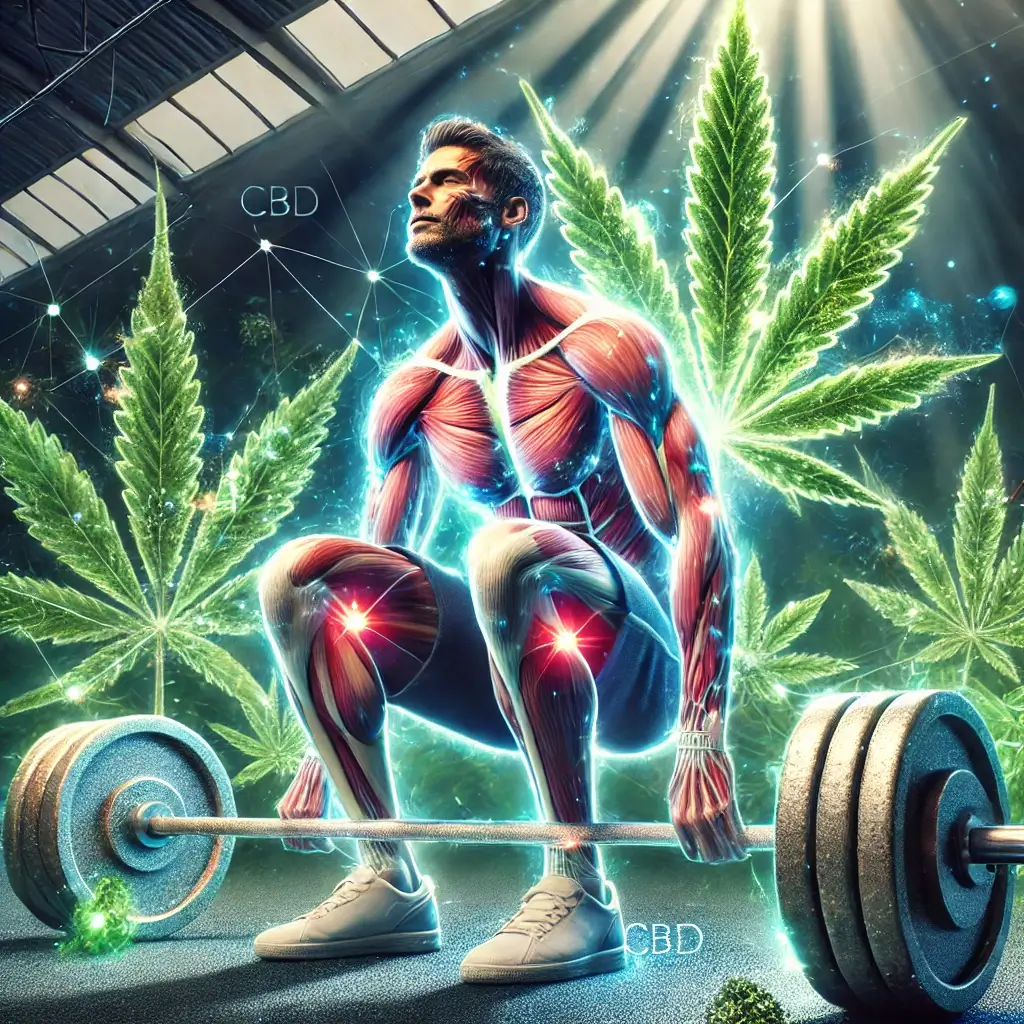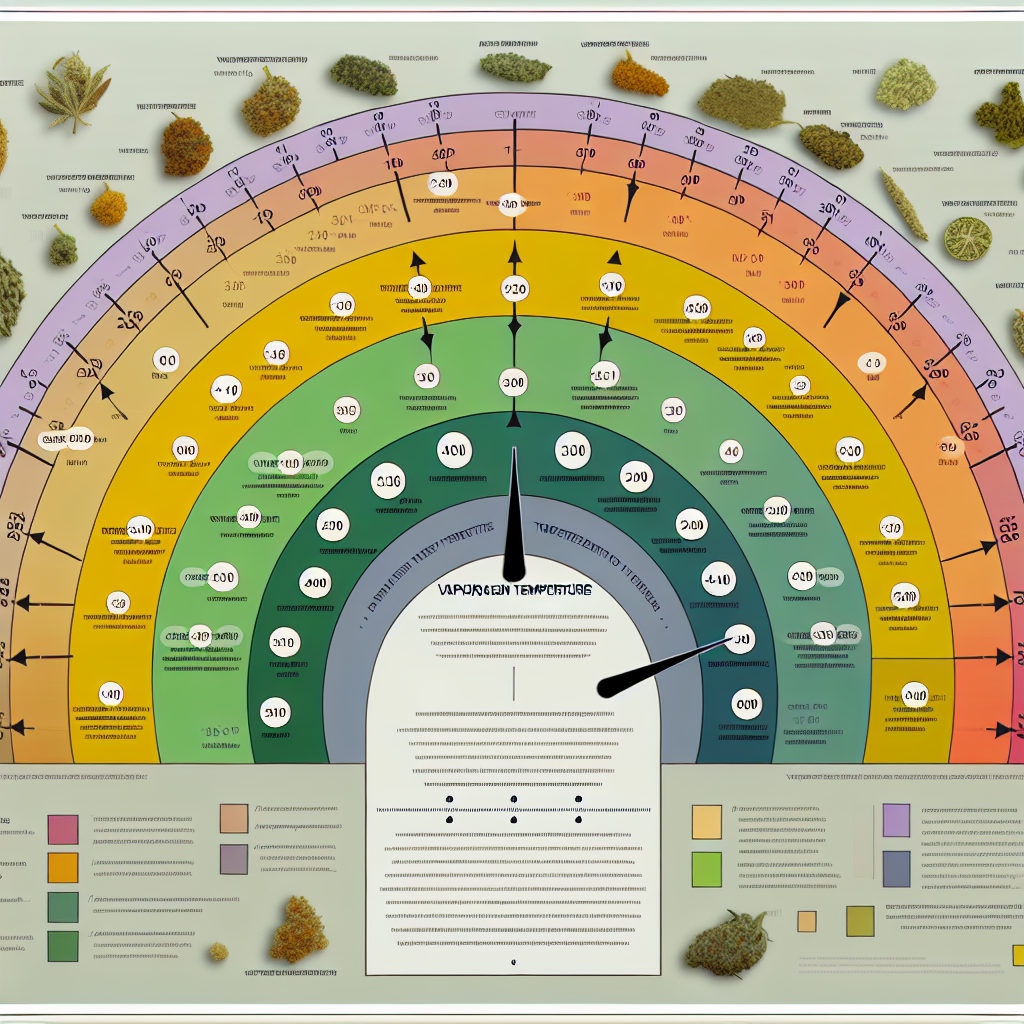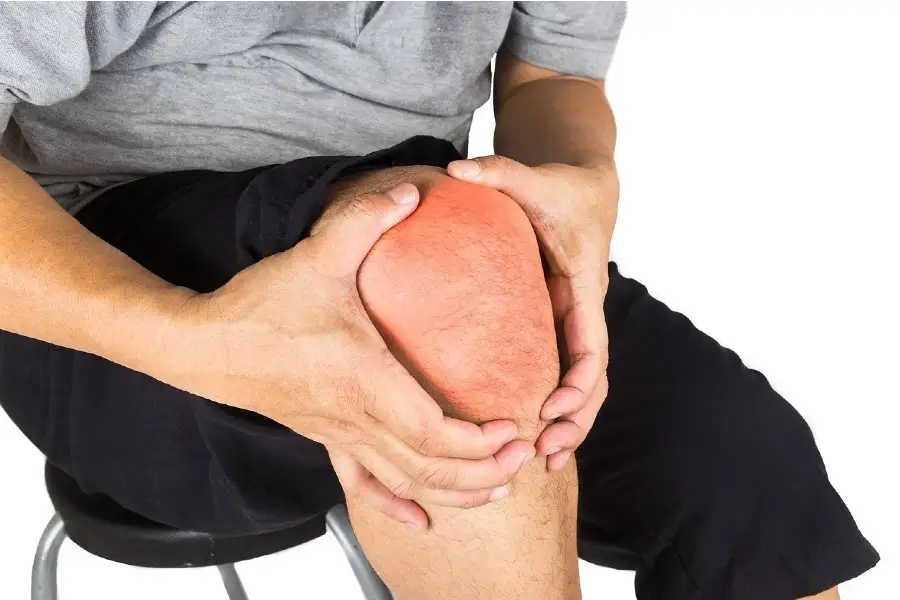The Foundation of Athletic Performance
Recovery is the unsung hero of athletic performance, enabling the body to rebuild stronger, faster, and more resilient after exertion. At the heart of recovery lies protein synthesis—a biological process essential for repairing and building muscle tissue. While regular nutrition and rest are cornerstones of this process, modern research is uncovering innovative ways to enhance muscle repair and recovery. Among these breakthroughs is cannabidiol (CBD), a non-psychoactive compound derived from the cannabis plant.
CBD’s Role in Sports Nutrition Science
CBD has gained traction for its anti-inflammatory, pain-relieving, and antioxidant properties. However, its potential to support muscle repair through protein synthesis is a relatively new and exciting development in sports nutrition science. By interacting with the endocannabinoid system (ECS), CBD influences critical recovery pathways, including the activation of the mTOR signaling pathway and the regulation of catabolic hormones like cortisol.
Research-Backed Recovery Benefits
Research published in the International Journal of Sports Nutrition (2024) highlights CBD’s profound impact on recovery markers. The study found that CBD improved strength recovery by 28% and training volume capacity by 31%, underscoring its potential as a recovery aid. These benefits are particularly relevant for athletes and fitness enthusiasts seeking to optimize their performance while minimizing downtime.
Comprehensive Recovery Approach
This article explores CBD’s mechanisms for enhancing protein synthesis and muscle repair, its integration into recovery strategies, and its synergistic effects with other recovery tools. By understanding and applying these insights, individuals can elevate their recovery protocols, supporting consistent progress and long-term physical health.
Mechanisms of CBD-Enhanced Recovery
Protein synthesis is vital for repairing muscle damage incurred during exercise and promoting growth. CBD facilitates this process by enhancing mTOR pathway activation, where studies like Wilson et al. (2024) demonstrate CBD enhances mTOR activation, boosting muscle repair and adaptation. CBD helps lower cortisol levels and improves nutrient delivery through its anti-inflammatory effects.
Quantifiable Recovery Improvements
The effects of CBD extend beyond molecular mechanisms, delivering tangible improvements in recovery markers: strength recovery enhanced by 28%, power output improved by 22%, training volume increased by 31%, and subjective reports of reduced soreness and fatigue improved by 45%.
Strategic CBD Implementation
To harness CBD’s benefits, strategic dosing and timing are essential: post-workout immediate (25 mg), post-workout 2 hours later (15 mg), and pre-sleep (20 mg). Oral CBD provides systemic effects, while topical applications target specific muscle groups.
Integrated Recovery Approach
CBD’s efficacy can be amplified when integrated with other recovery practices, including protein timing for enhanced amino acid delivery to muscles, carbohydrate consumption for glycogen replenishment, proper hydration for nutrient transport, and quality sleep for hormonal balance.
Future of Recovery Science
CBD is redefining the approach to muscle recovery by supporting protein synthesis, reducing inflammation, and optimizing recovery pathways. Scientific studies underscore its potential as a powerful tool for athletes and fitness enthusiasts seeking faster, more effective results. When integrated with traditional recovery strategies, CBD offers a comprehensive solution for promoting long-term physical health and performance.




